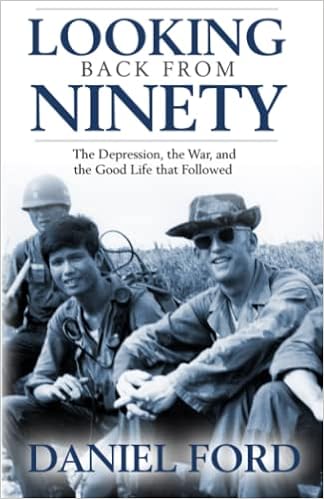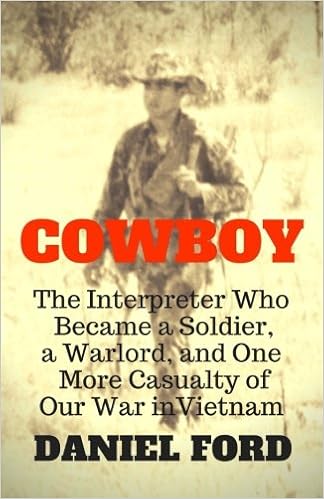Inevitable? yes, I think so
In his survey of the world since 1945, David Reynolds makes a dutiful nod to the conventional wisdom that 'the cold war was not inevitable in 1945'.FN He then proceeds (in my judgment) to demonstrate the opposite case. Given the three world leaders of 1945, and given what they knew about one another, a confrontation was their only reasonable reaction to the circumstances as they existed. (I appreciate that Churchill was not the British leader after July, but he retained his moral authority, as displayed in his 'Iron Curtain' speech at Fulton, Missouri. Nor was Clement Atlee's foreign policy all that different.) And of the three leaders, it was Stalin who made conflict inevitable: even Reynolds soon goes on to conclude that the Soviet dictator was 'the immediate cause of the cold war'.FN
When the western allies looked at the USSR at the end of 1945, they saw a nation that six years earlier had joined Hitler's Germany in carving up central and eastern Europe. Stalin had emerged from the 'Phony War' of 1939-1940 with his armies ensconced in Latvia, Lithuania, Estonia, Bessarabia, eastern Poland, and part of Finland. Even after Hitler's betrayal in June 1941 forced him into an alliance with Britain and the US, Stalin continued to maintain a cynical neutrality in Asia. (While his minions demanded a 'Second Front Now!' in the west, Stalin did not provide a second front in the east until after Japan began to make surrender offers.) Even in the war against Germany he was far from cooperative, demanding much and ceding little. Especially disillusioning was his denial of landing rights for the planes that could have supported the Polish Home Army in its uprising at the end of 1944. To the US and Britain, this seemed 'a calculated Soviet decision to let the Nazis slaughter the anti-Soviet Polish underground'.FN Indeed, Stalin sometimes seemed more interested in eliminating any potential opposition in eastern Europe than he was in destroying the German army. And once his troops did reach Germany, he further alienated the west when his army engaged in an 'orgy of individual acts of murder and rape'.FN He made endless difficulties about the return of American and British prisoners from camps in eastern Europe, and in Siberia interned American airmen who diverted to Russian bases. As the armies converged, the Russians refused to provide information about troop movements that would have prevented friendly-fire accidents, or even lied about their plans.
Postwar, the western allies all but disbanded their armies, with the US military losing nearly 90 percent of its wartime manpower, with most of the remainder engaged in occupation duties in Germany and Japan. Even from those duties, the US had more or less promised to excuse itself within two years of the war's end. Even the vaunted US nuclear deterrent was largely an illusion: in September 1945 its 'arsenal' consisted of just two plutonium cores, which were evidently expended in the Bikini Atoll tests of July 1946; 'the national stockpile of atomic bombs was composed entirely of inadequate and deficient components of a rapidly-obsolescing design'.FN Not until April 1947 did production of actual bombs start again, and even then they remained under civilian control.
The Russians by contrast retained powerful armed forces, now estimated at 4 million men but at the time believed to be much larger.FN They actively developed the militaries of the satellite nations--Yugoslavia alone had nearly 350,000 soldiers in 1947--and they were correctly assumed to be building an atomic bomb of their own.FN [I found it especially difficult to get any figures on Soviet bloc troop strength. I'd be grateful for any pointers!]
In Poland, Stalin confirmed his 1939 agreement with Hitler by shifting its borders 150 miles to the west, earning it the unhappy sobriquet of 'the country on roller skates'. He similarly retained the Finnish province of Karelia, plus a port and a nickel mine, serving notice on Britain and America that, just because they had been allies from 1941 to 1945, he intended to reap the benefits of his earlier alliance with the common enemy--and even add to them. 'Never', Winston Churchill had said at Yalta,'could I be content with any solution that would not leave Poland as a free and independent state'.FN But content he had to be.
Stalin demanded warm-water ports from Turkey, and he successfully exacted territorial concessions from Czechoslovakia. (Arthur Scheslinger Jr has argued that just such demands had 'convinced Hitler that he had no choice but to attack Russia' in 1940.)FN Even when not actively seeking territory, Stalin sought control by altering societies: 'the old elites were to be dispossessed, if not physically eliminated'.FN
The western sectors of occupied Germany were brought near starvation by Russian policies in the east: depriving Germany of agricultural land, sending millions of refugees westward, and looting German industry in the name of reparations. As a result, Britain in 1946 instituted bread rationing for the first time, the better to send grain to Germany. One 'food correspondent' comforted the public with the information that 'The United States, flowing with milk and honey and the rest, also is rather short of bread'.FN
But above all, the true nature of the man whom the British and American peoples had been taught to regard as 'Uncle Joe' became to reveal itself in the freer postwar press. 'Stalin's government was, and showed every sign of continuing to be, as repressive as ever Hitler's had been.'FN At the time, probably no westerner knew (Churchill perhaps suspected) how truly murderous Stalin was, with perhaps 20 million victims even before the war began. But enough was known about affairs in the east 'to create deep and abiding fears throughout the rest of Europe'.FN
In such an environment, the Cold War or something very like it was an inevitable development. -- Dan Ford
(I apologize for the FNs. I use an ancient DOS word processor that doesn't handle footnotes well, and it's not until the final draft that I move into Word and marry the FNs to the references.)











3 Comments:
Hi Dan This is good. I agree that the Cold War was inevitable. Have you considered, however, that its inevitability in 1945 was moot because it actually started in October 1917? There's a school of thought that says the 20th century as was one 'Long War' from the Bolshevik Revolution to the collapse of the USSR between three antithetical politico-economic systems: democracy/capitalism, fascism and communism. Only one was defeated in 1945. Have a look at Phillip Bobbitt's Shield of Achilles--thuogh he's not the only person to make this argument.
Oops, there's a lesson not to read blog posts back to front! Your earlier post was all about this. Red faced embarrassment...
I have ordered up Bobbitt's book, The Shield of Achilles. Thanks for the pointer. I like the notion that Bobbitt begins with Thucydides. I am developing a theory that we have returned to the hoplites of old: from the era of mass armies, we're back to highly armored and highly valued soldiers, the loss of any one of whom is difficult for the nation (city-state) to bear.
Post a Comment
<< Home